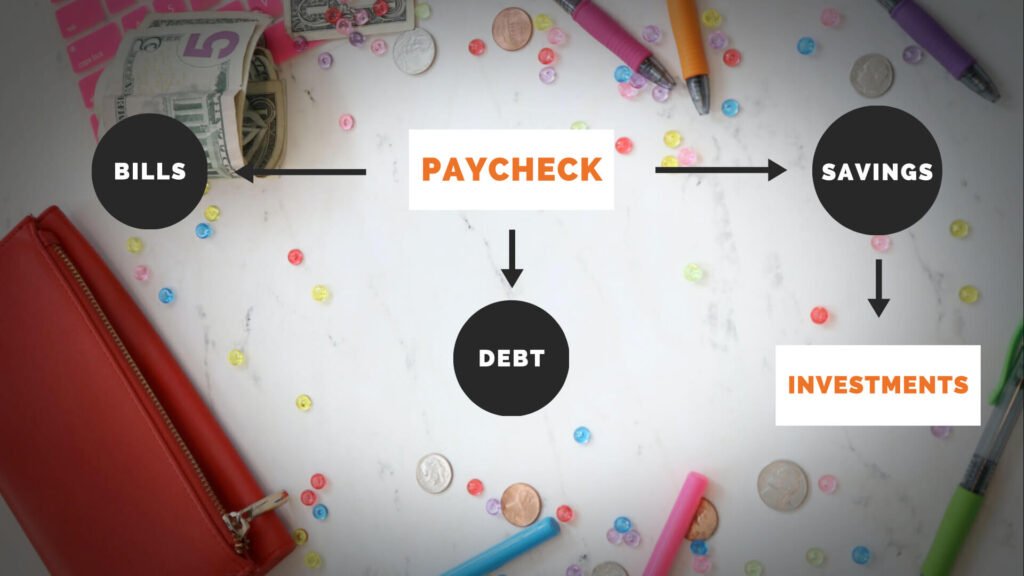Creating wealth takes time; it is not an overnight or a windfall success. Wealth consists of behaviors that can happen daily, and these habits compound over time.
By adopting some of these money habits and behaviors, you can create a long-term path toward wealth.
1. Track Every Expense
When it comes to behaving with money, understanding where your money goes is the first step to ultimate success. When you keep track of every expense, you will gain insight into your spending, and overall you can ultimately change it or modify it.
EXAMPLE: Budgeting apps like Mint and YNAB allow you to track and categorize every expense so you may know how your money is spent.
2. Automate Savings
Creating savings accounts or investing without your knowledge or willpower ensures that you will be saving money consistently. When you automate these accounts, you prioritize your future and take care of yourself.
EXAMPLE: Set up a direct deposit for 10% of your paycheck to go directly into a high-yield savings account.
3. Live Below Your Means
When you spend less money than you make, or you spend less than twenty percent of your income, you will have excess cash to use in your savings or investment accounts. It creates a financial buffer for emergencies if those unexpected expenses come your way.
EXAMPLE: If you received a pay raise, for example, if you normally spend $100 per week on groceries, and now can spend $150 per week, you can now start investing more or paying down a debt. Don’t change or alter your spending amount, but rather start paying down your debt or increasing your investments.
4. Invest With Regularity
Regularly investing small amounts of money can help build up your funds significantly over time through compounding interest. Building the habit of consistently investing shows discipline and a commitment to long-term financial wealth.
As an example, you can invest a monthly amount into a different diversified portfolio of index funds or ETFs.
5. Keep Yourself Informed
As you learn about personal finance throughout your life, you will empower yourself to make more informed financial decisions in the future. It is very important to know important terms and concepts, such as interest rates, deductions, investment strategies, and tax implications. Your knowledge in this area will have a big impact on your financial life in the long-term!
For example, dedicate 15 minutes a day to reading financial news or literature will keep you informed, and you can more educated financial decisions.

Conclusion
Wealth accumulation happens less with extreme levels of income, and finds its balance with a host of simple financial practices and discipline/consistency. Tracking your expenses, automating savings, living below your means, making regular investments, and personal financial educating yourself will set you on a path towards lasting financial independence. Implementing these investments today and you will witness the dramatic growth over time.






